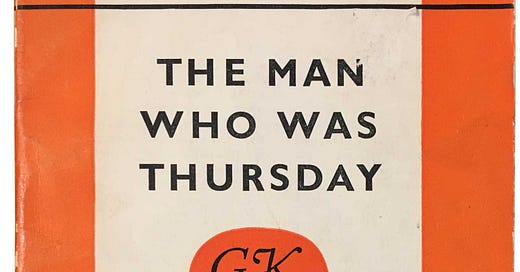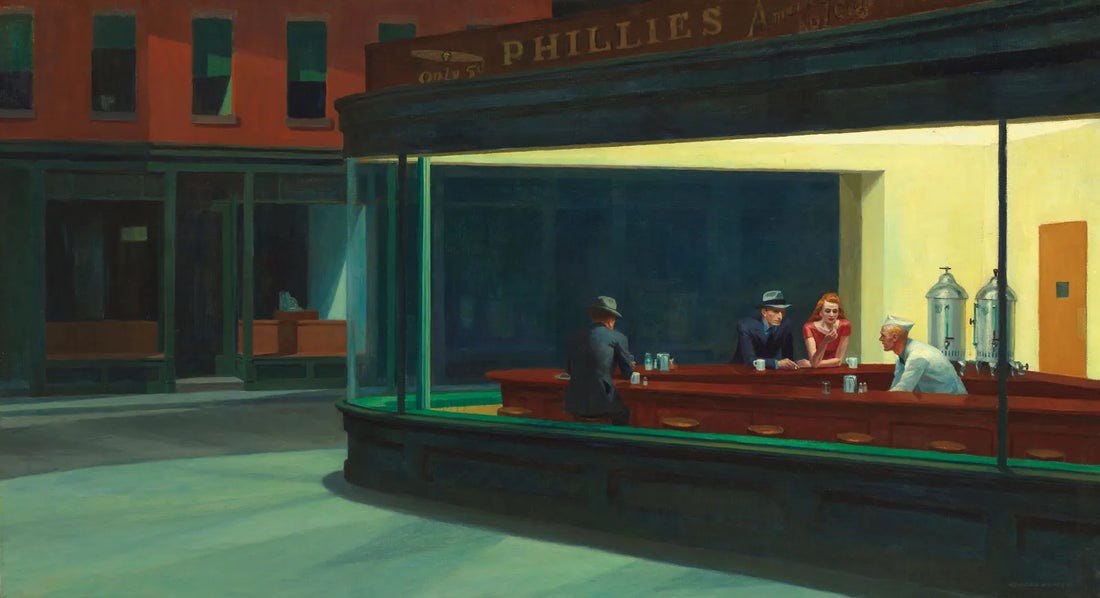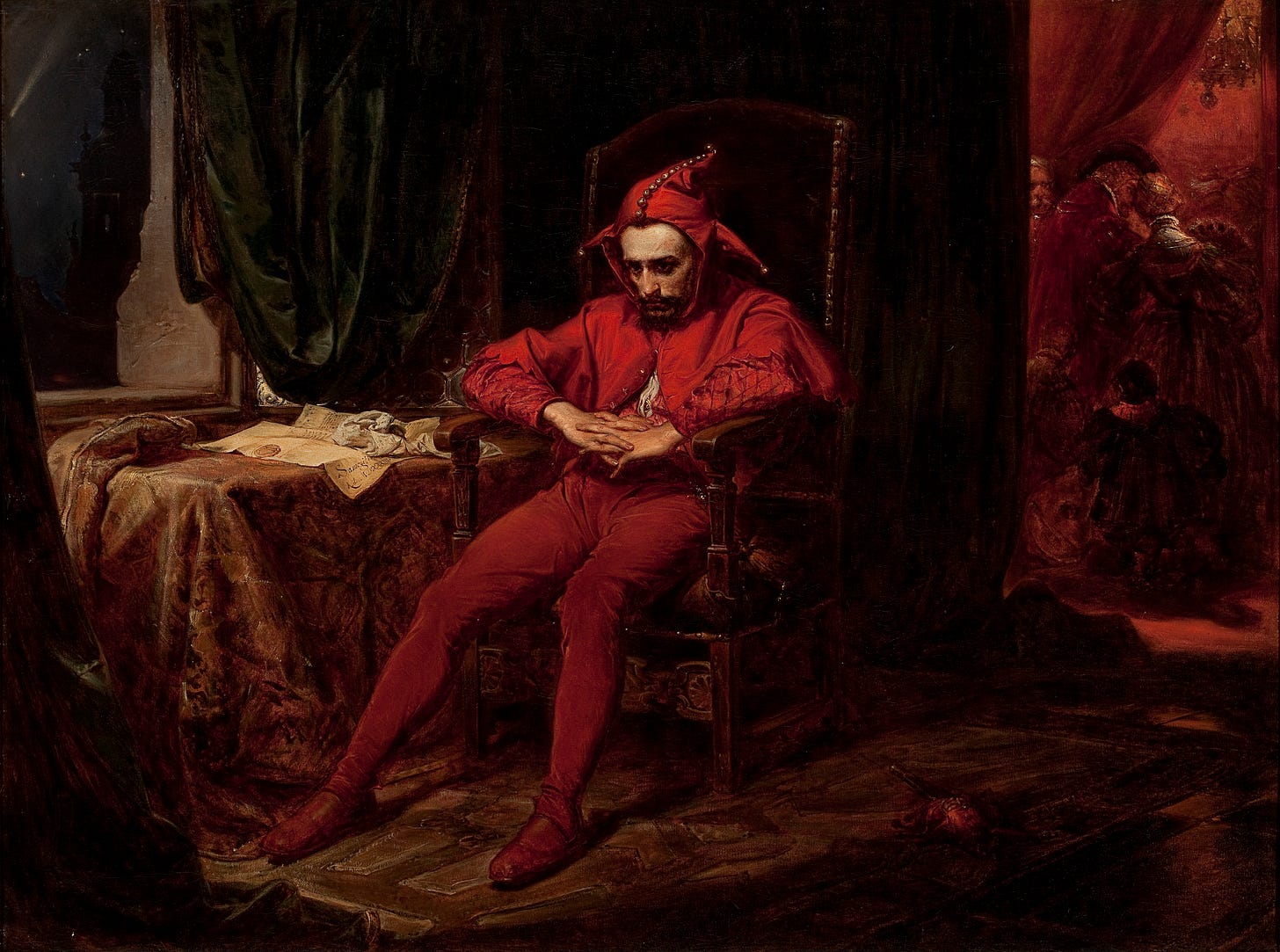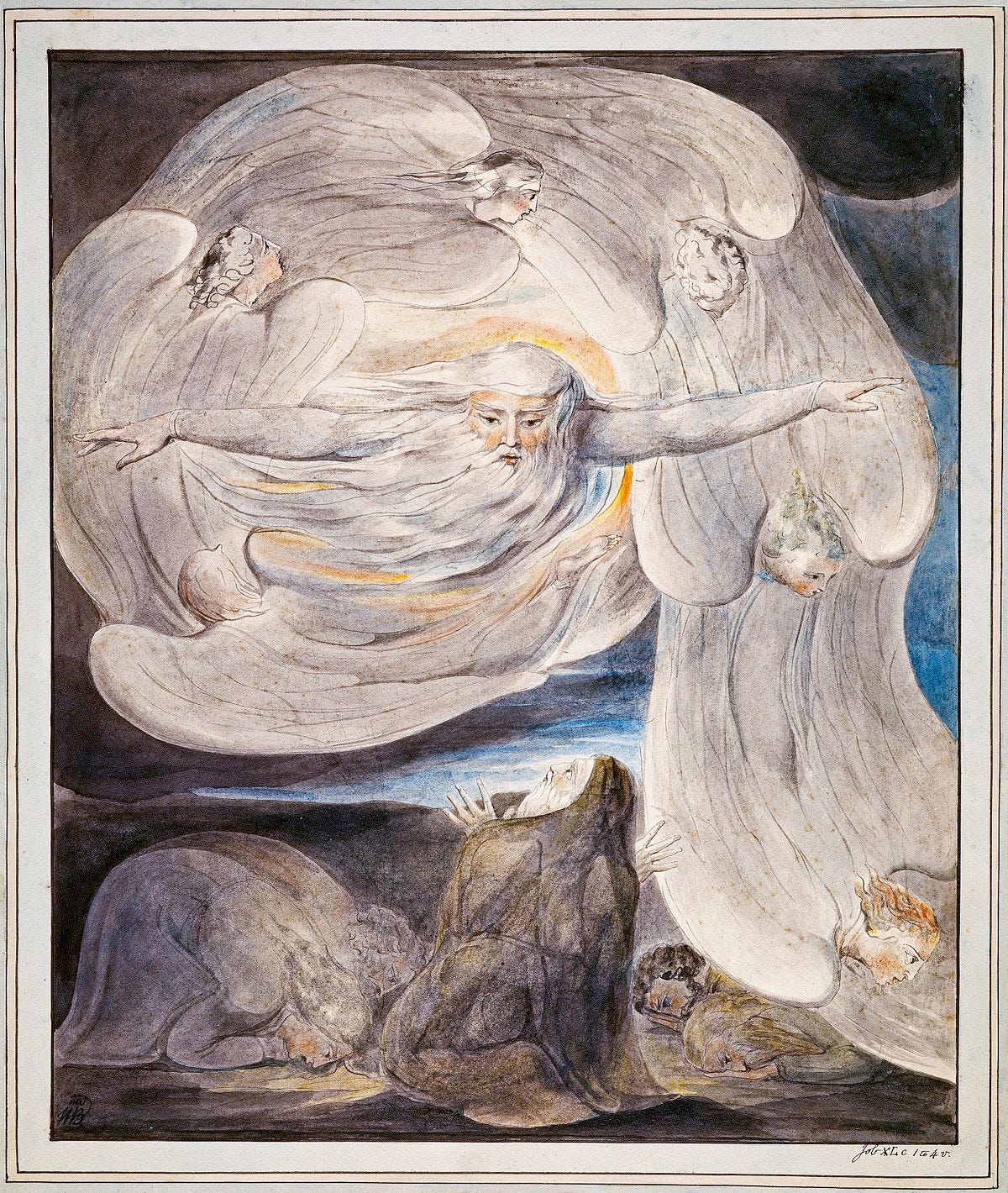2-Minute Book Review: The Man Who Was Thursday by G.K. Chesterton
Take a wild ride through the nightmarish goodness of life in G.K. Chesterton's greatest work of fiction.
"Through all this ordeal his root horror had been isolation, and there are no words to express the abyss between isolation and having one ally. It may be conceded to the mathematicians that four is twice two. But two is not twice one; two is two thousand times one. That is why, in spite of a hundred disadvantages, the world will always return to monogamy."
This is my 8th or so read-through of this book, and each time there are sections that surprise me, sections that make me laugh aloud, sections that send chills up my spine, and sections that make me nearly tear up with joy and with awe.
It’s a fast-paced trip about a policeman attempting to infiltrate a ring of anarchists bent on destroying civilization. It's a spy novel that keeps you in suspense right till the not-so-bitter end.
It is also a book about the value of human companionship---and so it was fitting to read it, this time, in the company of friends.
“Always be comic in a tragedy. What the deuce else can you do?”
Chesterton once quipped that many misunderstandings of this book would be resolved if people simply read the subtitle. It’s full title is The Man Who Was Thursday: A Nightmare.
And there is certainly a nightmarish quality about it. C.S. Lewis compared Chesterton to Kafka, and in this book you can see the clear similarities. There is a dream-like randomness, a strangeness, an inevitability of events, so many abrupt changes of scenery, a foreboding and ominous atmosphere that’s difficult to put a finger on.
But what’s interesting is that in the midst of all the terror, it’s rollicking good fun. The above quote from the protagonist captures the spirit of camaraderie and humor that shines through the dark atmosphere of the plot. Chesterton understood (I think) as well as anyone how small and easily traversable is the borderline between horror and humor — and how powerful and all-encompassing each of the two can be when we experience them. One of the characters puts this succinctly:
“Bad is so bad, that we cannot but think good an accident; good is so good, that we feel certain that evil could be explained.”
“Shall I tell you the secret of the whole world? It is that we have only known the back of the world. We see everything from behind, and it looks brutal. That is not a tree, but the back of a tree. That is not a cloud, but the back of a cloud. Can’t you see that everything is stooping and hiding a face? If we could only get round in front--”
Beneath the suspense and the fun, Thursday is one of a few novels that seem to get right at the heart of the central questions of existence.
It's a book about order and anarchy, about God's goodness in the face of evil, about the mystery and wonder of being, about becoming who we were made to be.
It is a fascinating (and in some ways entirely unique) novel to me in that it captures powerfully the dread and doubt of Kafka and the Modernists, but traverses through this to somewhere very different.
I can talk about the book for hours (as my book club can attest), so I'll spare you that (just shoot me an email in the rare and unlikely event you don't WANT to be spared); but I'll leave you with one last quote that may put a fire in your belly (and hopefully convince you to read it):








An everlastingly thrilling read that dares to change genres multiple times without warning! This may be my favorite book.
Hey Coby, really liked your post. I downloaded the kindle sample for this and will likely buy the book. Not sure if you can do this in Substack, but I wouldn’t mind purchasing through an affiliated link(?) if it would help you. If not this one, maybe for your next book recommendations.